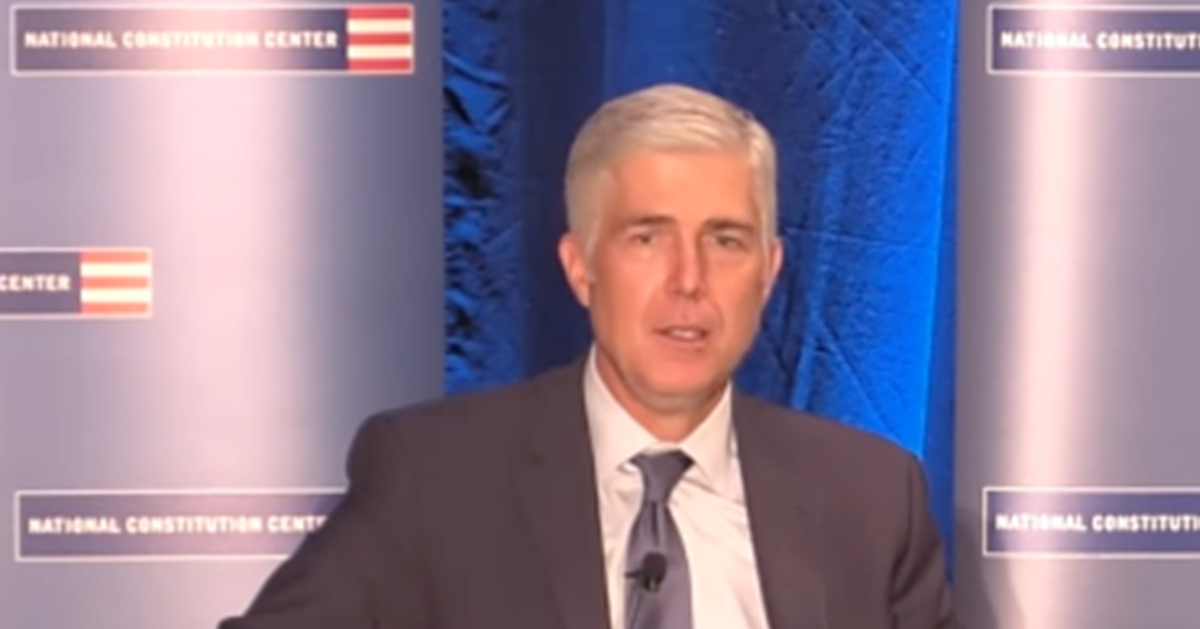Judge Tanya Chutkan Excuses Trump From Attending New Indictment Hearing
Amidst renewed legal scrutiny, former President Donald Trump has received judicial permission to skip his latest court arraignment.
Judge Tanya Chutkan granted Trump a waiver concerning new charges associated with alleged election interference prior to the January 6 Capitol riot, Newsweek reported.
The recent legal proceedings follow prosecutor Jack Smith's revised indictment, which now considers the Supreme Court's decisions on presidential immunity. Trump's attorney is expected to file a not-guilty plea on his behalf during a status hearing on the same day since Trump will not be present.
Last year, Trump faced accusations in a four-count indictment related to endeavors to alter the outcome of the 2020 election illegally. The charges culminated in the notorious riot at the U.S. Capitol on January 6, 2021.
Judge Approves Trump's Absence From Court
The arraignment, initially set for the same Thursday, will not see Trump himself in attendance. Following a written request from Trump and consultation with his legal counsel, Judge Chutkan approved his non-appearance. Trump asserted that his absence would not hinder the proceedings, emphasizing his ongoing legal strategy amid changing judiciary standards.
After a major Supreme Court ruling on July 1, which tailored the boundaries of presidential immunity, Trump’s legal team argued that this adaptation should reflect substantially in the handling of his case. The ruling explicitly stated that presidential immunity provides broad protection against actions taken while in office but does not cover solely personal actions.
In her brief order, Judge Chutkan confirmed this waiver for the impending arraignment. She noted that the court would proceed with the arraignment and the scheduled status conference without Trump's physical presence.
Revised Indictment Focuses on Trump's Post-Presidency Actions
The Supreme Court's revised stance has led to the indictment against Trump being shortened and refocused primarily on his conduct as a private citizen. Trump's lawyers are pushing for a trial delay, arguing that the new legal landscape necessitates a reconsideration of the charges and possibly their severity.
Last Friday, Trump’s defense team proposed adjusting the scheduled pretrial motions to extend into January 2025, citing the impact of the Supreme Court’s decision on the legal proceedings. They requested reconsideration of disclosure obligations and sought a significant timeline for filing responses and setting hearings.
"I, President Donald J. Trump, the above-named defendant ... do hereby waive my right to be present at arraignment and I authorize my attorneys to enter a plea of not guilty on my behalf to each and every count of the superseding indictment," Trump declared through his written statement, signaling his steadfast resolve to contest the charges vigorously.
Trump's Legal Position Amidst Presidential Immunity Debate
Trump's legal team’s move highlights the ongoing debate over the extent of presidential actions and their immunity from judicial scrutiny. Trump reiterated his engagement with his legal counsel over the revised charges: "I further state that I have received a copy of the superseding indictment and reviewed it with my counsel," he affirmed.
Judge Tanya Chutkan's directive underscores the allowances made for Trump: "The motion for waiver of defendant's presence at arraignment is hereby granted. The court will confirm the waiver and conduct the arraignment at the status conference scheduled for September 5, 2024."
These developments in Trump’s case echo broader national discussions about the scope and limits of presidential power, especially regarding actions conducted out of office.
These proceedings may set precedents concerning how U.S. law treats former and future presidents, particularly when their actions fall into a more personal scope.
Thursday's arraignment in absentia and the subsequent legal battles will undoubtedly shape public and judicial perceptions of presidential accountability and immunity.
With a pending trial and ongoing judicial interpretations, the stakes remain high for Trump and the legal principles governing the responsibilities of U.S. presidents.



